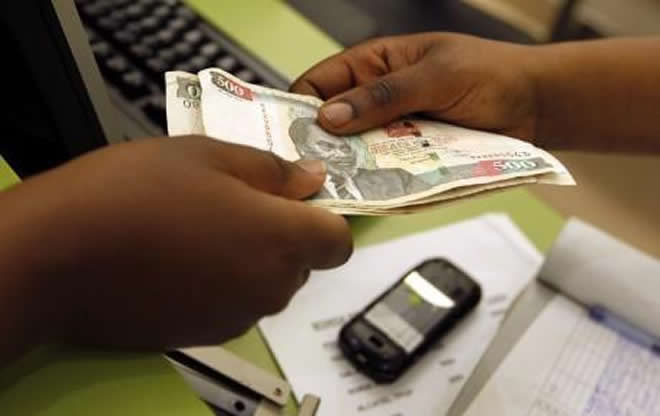

by Benson Riungu
Sunday, March 22, 2015
Reports of corruption in the public and private sectors have been pervasive in recent months that deep down, many Kenyans are beginning to entertain the suspicion that the vice is in the national DNA.
Perhaps the only source of comfort for them is that in a couple of cases, foreign companies and nationals have been implicated alongside Kenyans and punished for their crimes in their home countries, suggesting that the contagion is not uniquely Kenyan. Over the years, since mega- corruption reared its head in the country in the mid-1980s, some of us have done their patriotic duty by arguing against suggestions that Kenyans are naturally corrupt. When we started hearing these snide remarks, we pointed out that official graft was a relatively new development — that while in the 1970s cases of magendo involving illicit trade in coffee by well-connected people and there were reports of petty corruption in government offices, these were largely dealt with swiftly and the guilty punished. Impunity was rare except in cases of the prominent people. I enjoyed a ringside seat when rumours started circulating about the first known mega- corruption scandal in Kenya, involving Turkwel Dam, in 1987.
In those days, the emerging cases of corruption never appeared in the mainstream media but were discussed in hushed voices in private. It so happened that in that year, I was invited by the British High Commission to tour projects funded by the British government in upper Eastern Province. I was in the company of two young officials from the Information Office who looked virtually identical and spoke in what I regarded as a snotty upper class accent.
Somewhere in Meru, the question of official corruption in Kenya popped up and I found myself defending my kith and kin. At this point, one of my British friends asked why I did not use my position as a reporter to expose a mega-scam whereby a top Kenyan Cabinet minister had been given bribes in a hotel in Paris to award a French company the contract to built Turkwel Dam. The opportunity to use this information presented itself not long after that when I attended a press conference called by the French ambassador at a Nairobi hotel. Fellow journalists at the conference looked at me in shock when I raised the matter of the dam and the purported bribe. Many had come to grief for much less.
I, however, received support from Njehu Gatabaki, who at the time was publishing a rabidly anti-government magazine and weighed in with more pointed questions about the French hand in the emerging graft cases. So angry was the ambassador with these pesky questions that he ended the conference in a huff. There is something about the ending of that trip with the snotty young British officials that might bear recalling. The arrangement was that they would drop me off in Embu town where I would spend the night and be picked up by a different official for the second leg of the trip. In the outskirts of Embu, one of the officials told me with a wink that one thing he liked about going on safari with Kenyan journalists was that they were not finicky.
They were not too choosy about where they spent the night as long as they had enough beer. Stopping at the gate of Izaak Walton Inn, he informed me with another knowing wink that he had made a booking for me at the fairly expensive hotel but would give me the money and it was up to me whether I chose to spend the night there or at a cheaper place. He would look the other way should I choose the latter, in fact, he would even drop me there.
I winked back and told him to hand over the money. It was not my place to raise the disturbing questions about where corruption begins and ends.